
Nicole Braddock honored as 2023 Solano County climate crisis champion
U.S. Rep. Mike Thompson named Nicole Braddock (Solano Land Trust’s Executive Director) the 2023 Solano County Climate Crisis Champion for California’s Fourth District….Braddock stresses the importance that “all children should have equitable access to outdoor programming. Also, Braddock sees her work as “bridge building.”
“Conservation is apolitical, but sometimes when the word ‘climate’ enters the conversation, it starts to become political,” Braddock says. “I want to make sure that all people are a part of the solution. What Solano Land Trust and I stand for is bringing people together to work on the solution together and talk to each other, that’s when all the possibilities open.”

Forterra: Modular prototype homes
The Modular Prototype of ModPro is the building block for the Forest to Home model and the first cross-laminated timber (CLT) modular multi-family home prototype constructed in the United States. Created in partnership with Zaugg AG Rohrbach, a leading timber construction and manufacturing company from Switzerland, ModPro was assembled, plumbed, and furnished in just 22 days.
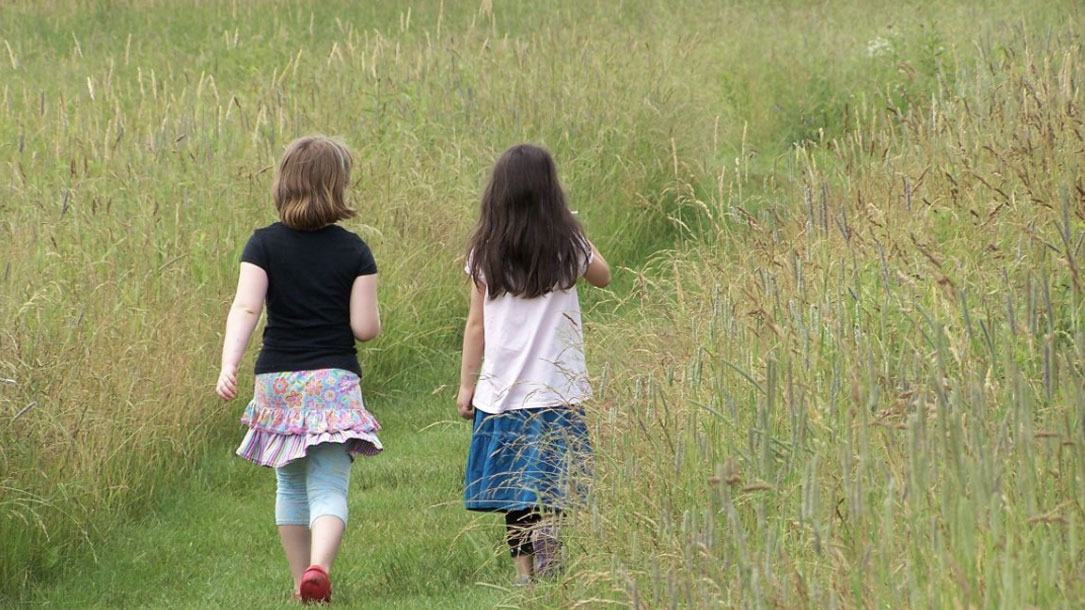
Climate change is here. Nature-based solutions can help.
Openlands works across the Chicago metropolitan region to advance nature-based solutions to climate change, improve the health and well-being of communities, and create a more verdant region for all.
Learn more about [their] work and how you can get involved to help make a more sustainable, equitable region with Openlands…
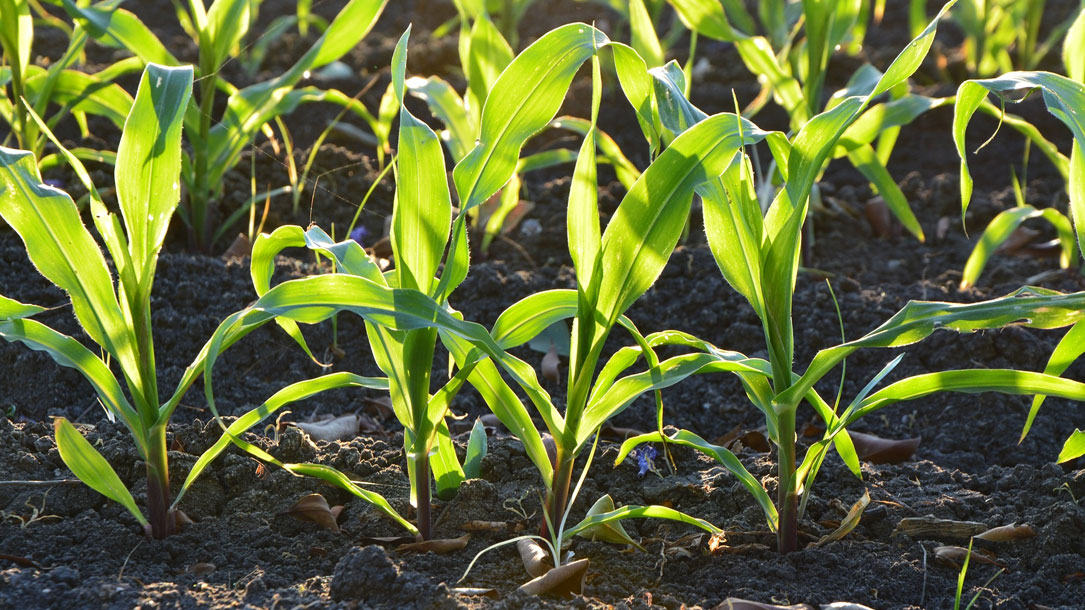
About LeadNY
LeadNY is for committed leaders in the agriculture and food sectors who wish to step up and make a difference in their community.
Our pioneering training program helps you improve your leadership skills, self-awareness, issues analysis, critical thinking and civic engagement. The skills and knowledge you learn here will help launch your career to new heights and make an impact in the communities in which we live and work. We provide professionals with skills to overcome challenges and to lead others to highly innovative and successful solutions.

National Land Trust Conference: September 6 – 9, 2023
Rally is where over 1,500 people who share your passion for conservation will re-energize and inspire you.
Join the Land Trust Alliance in Portland in September for a gathering packed with diverse topics to explore and great colleagues and friends to learn from and share with. Rally has all of the resources you want to take your conservation skills further. There’s no better way to invest in your future.

Dr. Michael Mann, Keynote Speaker
Dr. Michael Mann will speak at the Pennsylvania Land Trust Conference in April 2023. A world-renowned climate scientist and climate communicator, Dr. Michael E. Mann is Presidential Distinguished Professor in the Department of Earth and Environmental Science at the University of Pennsylvania, with a secondary appointment in the Annenberg School for Communication. His most recent book is The New Climate War: The Fight to Take Back Our Planet.
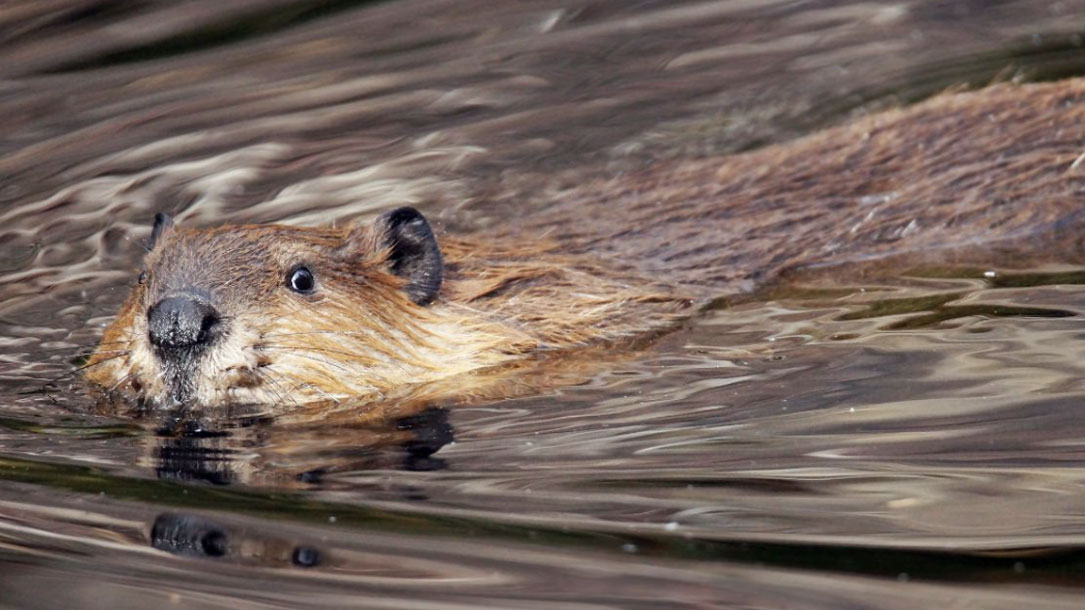
Saving Our Swamps [Letter in the New Yorker Magazine]
Here you will find a short letter submitted by the land trust’s executive director, under the heading “Letters respond to Annie Proulx’s piece about swamps” (and beavers as part of the climate solution):
The dewatering of North America that Proulx describes was underway well before the nineteenth century, when westward expansionists began cutting down forests and farmers began draining and tilling fields. By the time those people were “reclaiming” land for their use, fur traders had been wreaking havoc on our wetlands for almost two hundred years, through the commodification of beavers…
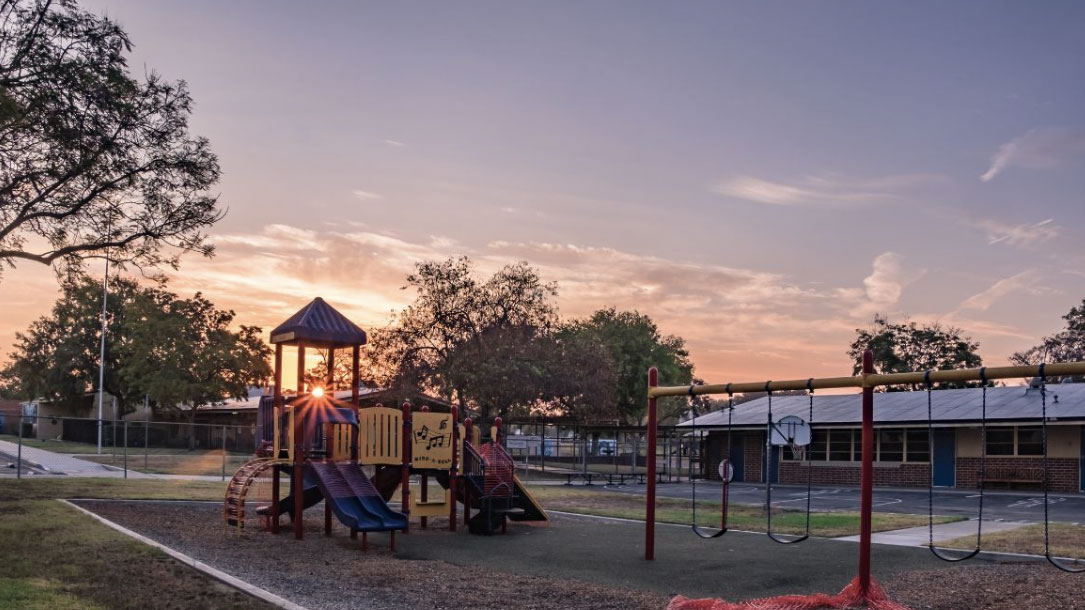
Parks as part of the climate solution
As a warming planet leads to worsening risks and impacts, American cities are taking matters into their own hands. Cities are not only pledging to slash carbon emissions in the coming decades. They are also figuring out how to be more resilient. Because one thing is clear: disadvantaged communities that have been historically neglected will suffer the most as the planet warms.
Park acres, it turns out, are very good at buffering the effects of climate change. Green space has the power to lower air temperature and absorb floodwater and can be designed in such a way as to significantly enhance those climate benefits…
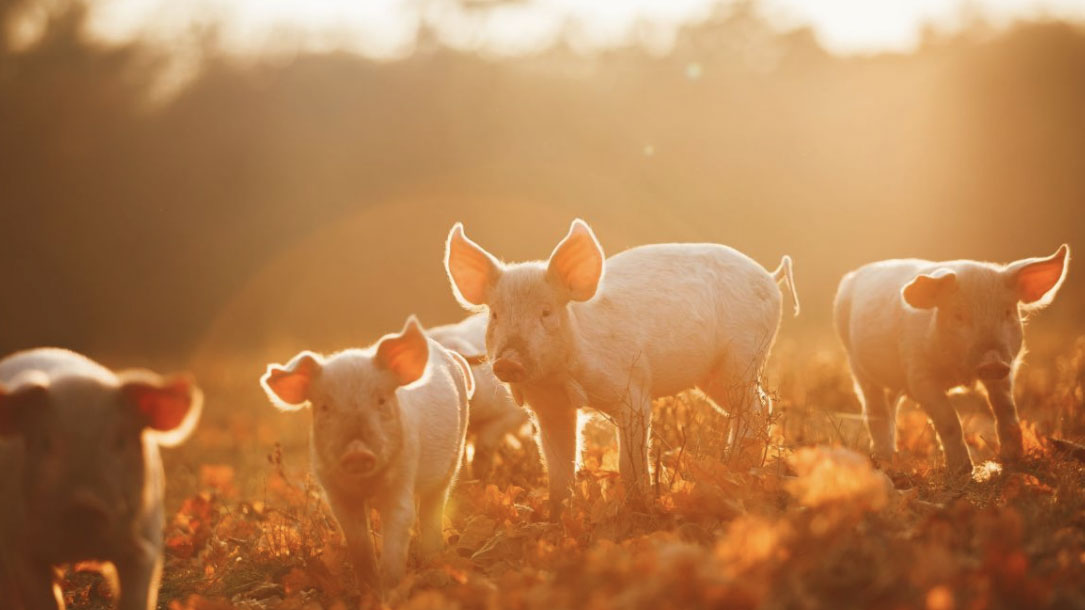
Farming collaborative plan looks to keep land accessible, open
Under the land collaborative model, the property will not solely be devoted to agriculture; Sanford-Long’s animals will share land with a planned solar array…
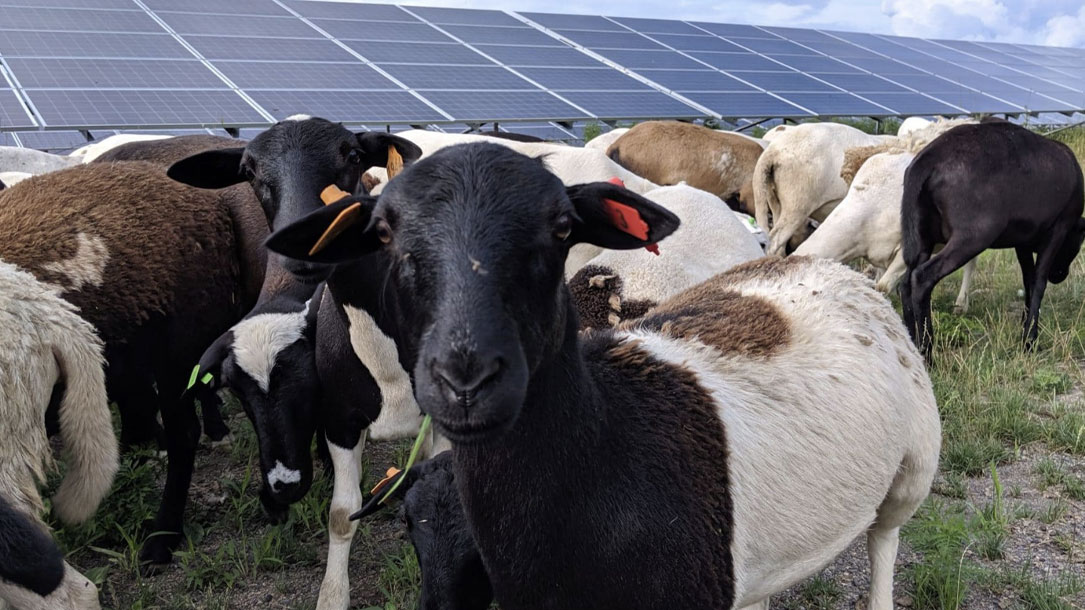
Solar meets sheep (and bees, and more)
Often solar panels sit on former agricultural land, but aren’t what we’d otherwise think of as a farm.
Agrivoltaics aims to change that by hosting PV panels and agriculture on the exact same land. Often, livestock like sheep graze under the solar panels. Sometimes the projects include pollinator habitat as well, which can benefit biodiversity, honey production, or adjacent pollinator-dependent crops. And trials are being done growing shaded crops under raised panels, too…












